Are You a Life-Long Learner

There have been many times in my life where I realized that I have only given lip service to the idea of being a “life long learner.” Sure, I would read, consult with colleagues, and attend conferences and clinics, but what I realized was that I often limited myself by drinking from the same fountains of knowledge over and over again. I had decided ahead of time what knowledge and skill sets were useful and, to a large extent, disregarded the rest.
I am eternally grateful to the many friends and colleagues I have met along the way who opened my eyes and invited me to consider the value of different perspectives; Arieahn Motamonasa, PhD, Joe Lancia, DO, and Molly Sweeney just to name a few. Everything I read these days reinforces this lesson. A few months ago I read a book on trauma entitled, The Body Keeps the Score. In addition to the thoughtful presentation of the current knowledge and research on trauma, Dr. van der Kolk shared his journey in exploring wide ranging approaches to trauma treatment from psychopharmacology to psychodrama. His curiosity and openness to these varied ideas and approaches is inspiring.
My sister Susan Haefner is an accomplished actress with several Broadway appearances. Sue and I often share our experiences and insights gained in our respective work. When she talks about her teaching and coaching work, I am struck by how valuable many of those lessons would be for my clients who are dealing with mental blocks, show jitters or performance anxiety. I muse about how singing lessons might help my clients free up their diaphragm and improve their breathing while riding. Or, how acting lessons might engage my clients imagination and help them to more easily enter and hold onto their desired performance mindset.
Justin and I frequently have wide ranging conversations. We talk about physics, spirituality, psychology, equine ethology, osteopathy (and so many other topics) as well as our recreational activities and experiences like guitar, ballroom dancing, books we have read, meditation, yoga, and relationships. We regularly get to explore and share the insights we gained and how they relate to our horsemanship.
So, in the spirit of expanding stretching ourselves, expanding our boundaries, and living up to the true meaning of life-long learning; explore something new in the world. Email my sister and take some acting or singing lessons. Take up ballroom dancing. Learn a new instrument. Read a book about something you know little or nothing about. You may be surprised how it can transform you and your experiences with your horse. And, if your horses are anything like mine, they will thank you… Paul

